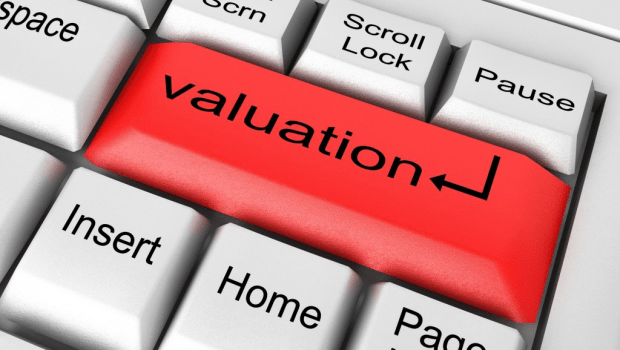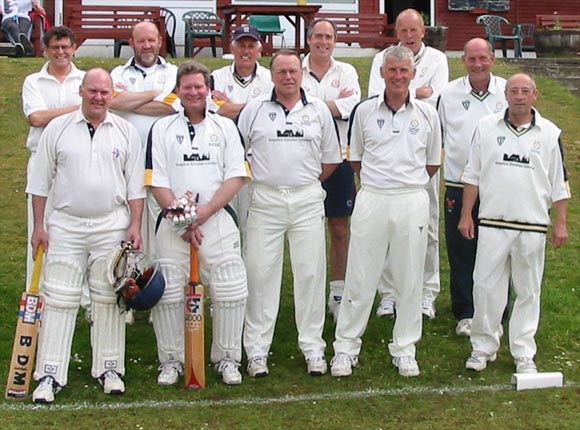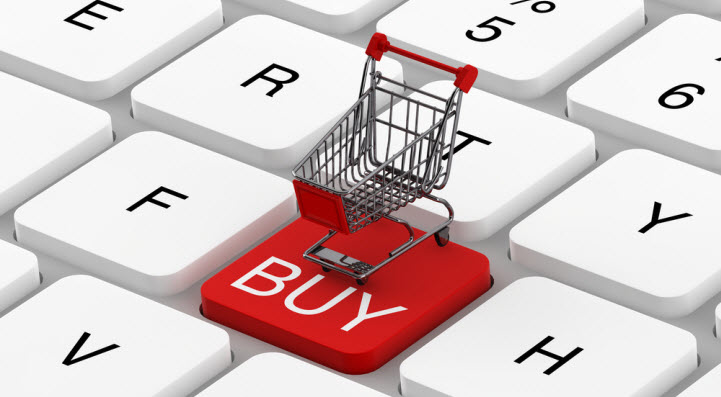-

-
Published on
06/02/2014
by Bill.Tamva
Valuation of a business
You should only buy a business after due diligence, which means obtaining and analysing all the information you need to decide whether to buy and how much the business is worth. Failing to take time to find out about all aspects of the business may result in a costly mistake. The information you get and analyse should relate to all areas of the business, both financial and non-financial. Get detailed professional valuations of all assets and liabilities of the business you want to buy to reduce the risk of making a bad purchase and give your potential business the best chance of success.
What Is The Value of a Business?
The selling price is usually set by the owner who arrives at the sale price in a number of ways. It might be based on the previous purchase price, the original investment or by comparison with other businesses on the market. Other methods include the value based on future earnings, or on a comparison with the cost of setting up a similar business from scratch. However, the selling price does not always accurately reflect the value of a business and prospective buyers should always conduct an independent valuation. A recent CPA Australia survey found more than 80% of potential buyers would have paid too much for their business if they hadn’t carried out financial due diligence. Like any asset, a small business for sale such as a home based business is only worth what someone is prepared to pay. But an objective assessment of total worth will include a valuation of:
The reputation, viability and potential of a business. It is the part of the purchase price left over after deducting all of the other assessable parts of the business, including fixtures, assets and outstanding debts. Goodwill should be assessed as part of the overall investment in a business that needs to be sufficiently profitable to at least cover the capital repayments after tax and provide a fair income for the new proprietor.Goodwill
If the business is strong in tangible assets then these assets can be used as the basis for valuation. The assets are listed in the accounts of the business as 'tangible assets' (buildings, land, equipment, stock, fixtures and fittings), and usually with an estimation of how they have depreciated, or an estimation of their resale value. If the business for sale is a consultancy, or part of a service industry, the bulk of the assets are more likely to be 'intangible assets' (including intellectual property and goodwill e.g. a strong client list). Learn more about assets in our Assets - Valuation, Depreciation & Accounting section.Assets
This simply includes existing contracts a purchaser will get from buying the business.Work in Progress
Commercial ideas are usually protected by copyright, patent, design, or trademark registration. Difficult to value, IP covers business or company name registration, copyright and confidentiality agreements and can also include customer lists, industrial processes and business tactics. Learn more about how to protect your intellectual property in our Protecting Your Business section.Intellectual property (IP)
A purchaser may have to take on responsibility for employee entitlements such as holiday and long-service leave. These entitlements would have to be assessed and deducted from the purchase price. The liabilities of the seller are not normally calculated in a sale price and a purchaser would not normally take over debtors, creditors, liability for future orders. The buyer and seller will arrive at their own estimations of these values, but usually the amount that should be paid for a business is based on the general condition of the business, market demand for the particular type of products or services, the profitability of the business, economic conditions, cash flow, the ability of goodwill to pass to the new owner and the strategic value of the business such as a long term lease or time saved in existing licences. For businesses costing under $350,000, a Vendor's Statement (or Section 52 Statement) must also be provided by a seller to a prospective buyer.Liabilities of the seller
Business Profits
In buying a business, you need to make sure it will continue to make a profit by checking the following.Commercial life of the business:
the value of a business fluctuates throughout its commercial life. For instance, changes in the economy, the need to replace failing equipment and cancelled contracts will all impact on the viability of the business and its ability to remain profitable. A business can't always be resold later for the same amount of money e.g. if you're running a corner store and a large supermarket chain opens down the road this will devalue your businessOpportunity costs:
the cost of passing up the next best choice when making a decision to invest. This accounts for the purchaser missing the opportunity to get income from other possible investments e.g. earning an income, putting the money into a term deposit
Related articles



